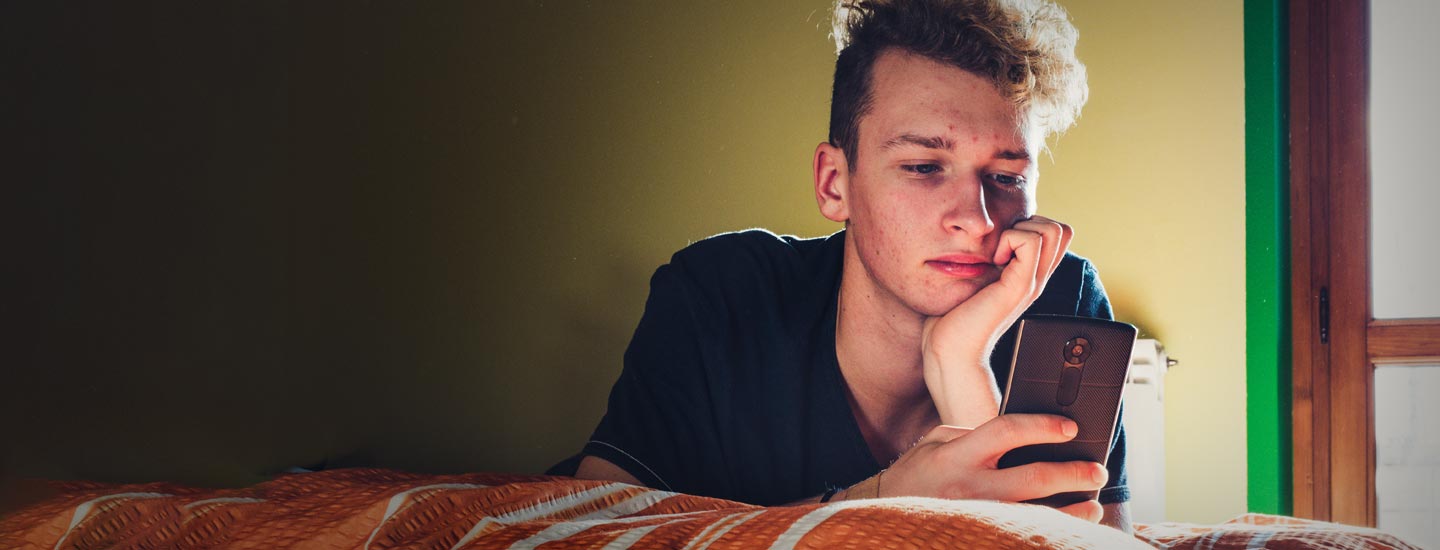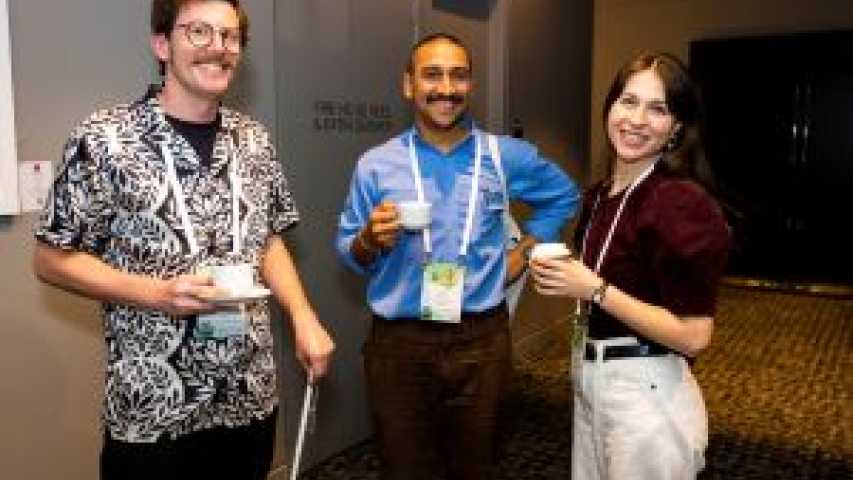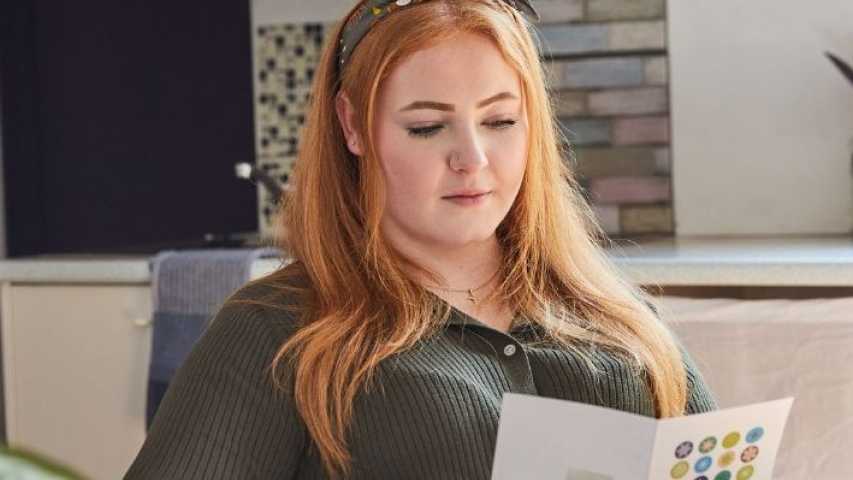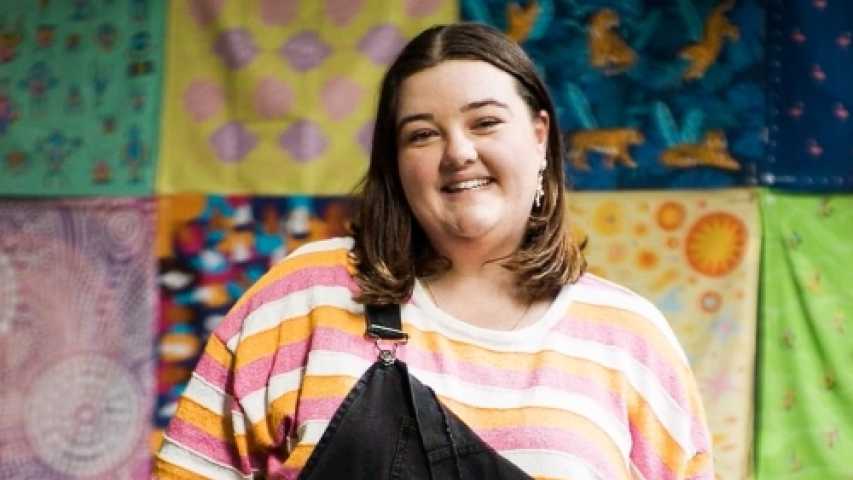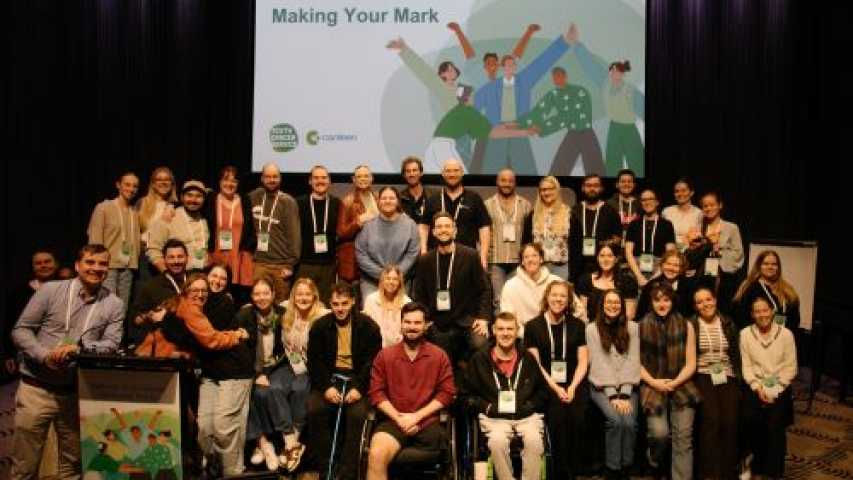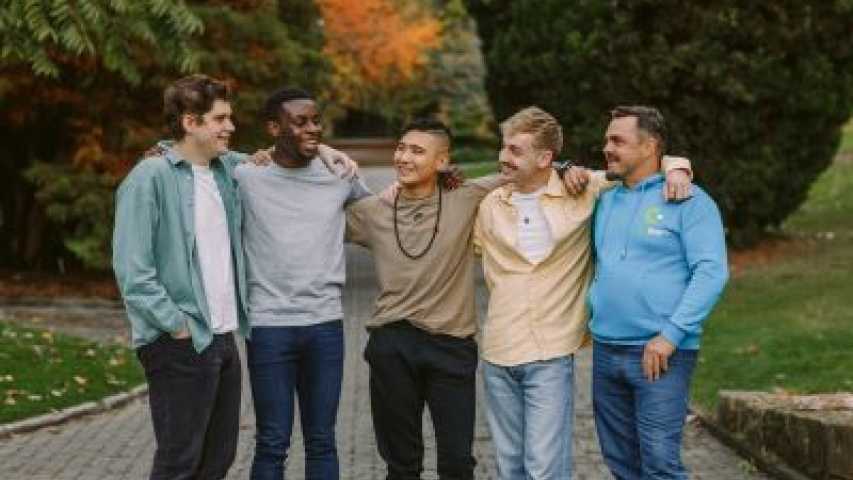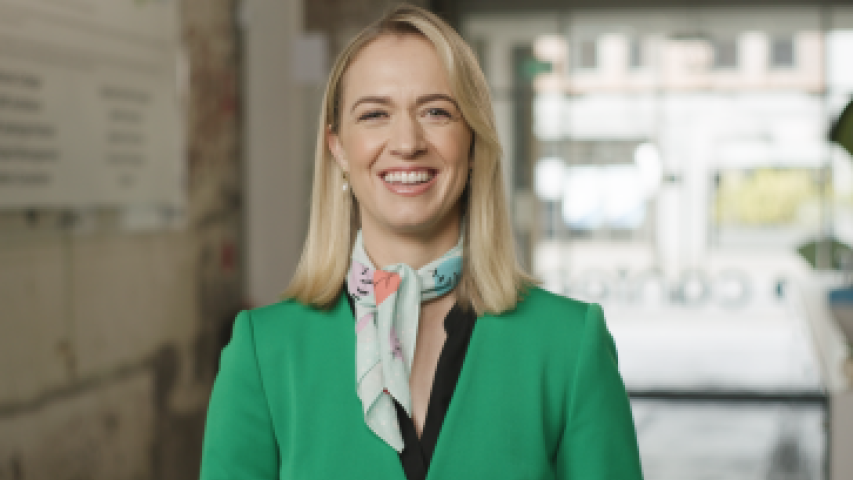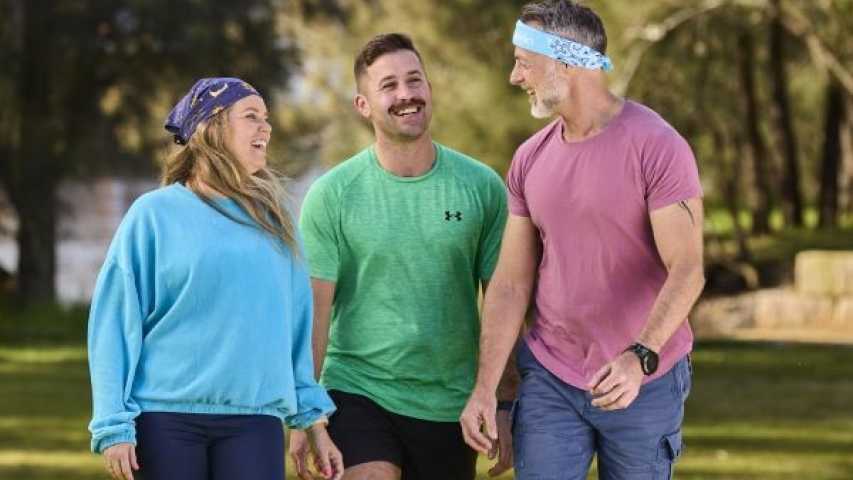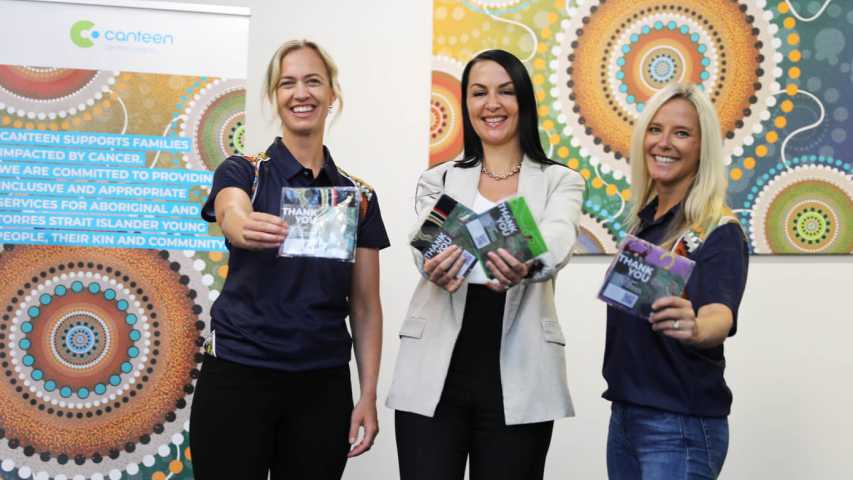By Jennifer Cohen, Evaluation Manager at Canteen and Senior Research Fellow, School of Women’s and Children’s Health, University of NSW
For most of my professional life I’ve been caring for children, adolescents and young adults. I’ve helped them with their nutrition, overall health and wellbeing, and now, at Canteen, with evaluating and understanding what exceptional cancer care and support looks like.
I’ve been struck recently by the generally held view that there is a ‘silent pandemic’ going on. The ‘silent’ part is the lasting impact COVID will have on the mental health of young people, and that its effects will be fully felt by this demographic for years to come.
It makes me think more deeply about what we can all do to create positive change for these young people, and for me that starts at Canteen (where incidentally we know a LOT about what distress due to cancer looks like for them).
Last month I co-presented findings from a recent evaluation of our online support service – Canteen Connect – at the National Youth Mental Health Summit with my colleague Ross Jacobs. It was wonderful to be a part of a collective action that is trying to achieve positive outcomes for youth mental health. And what resonated with me is that everyone has such a critical role to play in developing a plan of action to address immediate and long-term mental health needs, and listening to the voices of young people is a very important part of this effort.
What we found out about Canteen Connect is that the majority of young people (74% in fact) joined the support platform to connect with others. Young people were curious about what they would find once they registered and were keen to socialise and help others if they could. Ultimately we found that around three quarters of young people were satisfied with Canteen Connect and found it useful for connection, and more than 90% said they’d recommend it to others.
The power of online in facilitating connection among young people can’t be denied.
Canteen recently ran two of its programs online:
- Places You’ll Go – which brings together young cancer survivors aged 12-17 so they can learn strategies for coping with common survivorship concerns; and
- SPACE – for young people aged 12-25 in active treatment to learn how to strengthen their adaptive coping skills to help manage the impact of their cancer experience.
In evaluating both, all young people agreed that because of these programs they were going to use the strategies they’d learnt to help them copy with their cancer experience, and all agreed that they had developed connections with others who shared a similar experience.
Again, connection remains that vital touchpoint that has the potential to create lasting positive impacts on young people who need support.
This brings me to Canteen’s PEER program which has connection at its heart.
Over three days, young people come together and start to explore the emotional impact of their cancer experiences. It’s a safe space to talk, to hear from others going through the same stuff, and to take break from the daily realities of cancer.
The impact of PEER was recently published in the Journal of Child and Family Studies and revealed that the program provided the greatest benefit for the most distressed young people. Overall 15-20% of attendees reported improvements that were significant and meaningful, and that these changes lasted for months after the program.
Given how difficult it can be to improve a young person’s mental health when they are also struggling with a cancer experience, the fact that a single therapeutic program made a noticeable, positive and enduring difference in their lives is something worth celebrating.
When our young people speak – and at Canteen they speak loudly and with purpose – we listen. We have counsellors listening to them every single day, we have researchers listening to their opinions about our programs and research priorities, and we have young people who listen to each other on platforms like Canteen Connect.
Youth mental health is going through a tough time right now, and the future may well turn out to be even tougher. It’s our job to listen and then amplify these voices so we give them the support they need, at exactly the right time.
If you’d like to know more about my work with young people impacted by cancer, you can find me on Twitter and LinkedIn.




